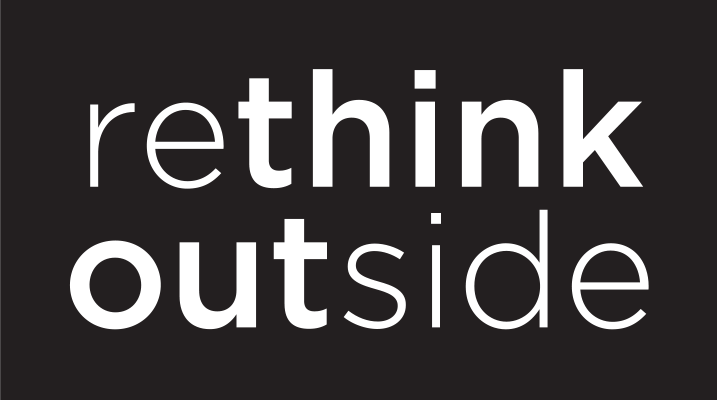Introduce yourself! What should the world know about you?
My name is Anahí Naranjo, and I was born and raised in Quito, Ecuador, and was uprooted to New York City, USA in 2002. There, I began to see the inequalities BIPOC communities faced with limited access to green spaces and later finding out that my family lived near a Superfund site in Brooklyn, one of the most toxic sites in the country. I continued my journey to pursue a B.S. in Environmental Studies with a concentration in History from Middlebury College. I pursued an M.A. in Oral History at Columbia University to continue my learning in how ethical storytelling can play a role in community and policy action. My M.A. thesis explored the impacts of climate change on the cultural and physical landscape on my Andean hometown of Guaranda, Ecuador through my grandparents’ stories. I continue to explore how narratives can empower communities to become agents of change towards climate and social justice. I’m currently the Equitable and Just National Climate Coordinator at the Center for Earth, Energy, and Democracy (CEED) and an Ambassador for Latino Outdoors.
What are you passionate about?
I’m passionate about ethical storytelling and using the power of storytelling for advocacy. I’m passionate about climate change advocacy and ensuring that the same communities who have always been on the frontlines are not left behind. I love spending time outdoors – it grounds me and reminds me of my home landscapes in Ecuador. I am also a part-time beader and photographer!
What drives you as a person, a leader, and a storyteller? What or who shapes you?
Storytelling is the most powerful tool our ancestors left us with: through storytelling, our communities are able to authentically uplift themselves while honoring their cultures. Storytelling is a way for me to honor my past and current ancestors: to ensure my community and all of us are represented. I was re-rooted from Quito, Ecuador to New York City when I was 7 years old. Coming from an agrarian family with deep cultural roots that entwined themselves with our connection to the land we cultivated, the change felt like jumping into a frozen lake. My mountains were traded for skyscrapers, and I felt my identity shunned everywhere I went. I found myself suppressing an accent and my favorite foods to assimilate. No one had ever asked me for my story. As I got older, I began to realize the power of my own story when someone asked me that question. My mind always returns to my roots in Ecuador: my ancestral lands and the ancestors who nurtured that land drive my passion and methods for storytelling.
Why did you apply to the Rethink Outside™ Fellowship? What are you hoping to learn from this experience?
I applied to the Rethink Outside™ Fellowship to be part of a co-created space of healing where storytelling is valued by and for BIPOC individuals. Although I’ve been part of storytelling spaces in the past, I’ve often felt my identity questioned there in one form or another, because those spaces were not created by BIPOC communities. I’ve been passionate about reducing access barriers of BIPOC individuals to outdoor spaces since I first felt unwelcome in those same spaces. Storytelling is that outlet to bring more individuals in to see themselves in nature in the way our ancestors: we have beautiful stories to share, and this fellowship is a way to get the stories of our communities out there.
How will the Rethink Outside™ Fellowship experience help you address the systemic barriers for access to, and representation / leadership of Black, Indigenous, and people of color in the movement to connect people and nature?
Using a shared narrative like Rethink Outside allows a stronger web of creators to have a wider and more impactful reach with a shared message. Although we will all be advocating for the same message of creating more outdoor experiences to ensure everyone has that opportunity, each of us has our own individual story to share, as well as the stories of our communities. The Rethink Outside Fellowship will allow us to encourage our community members to find that empowerment in nature amongst themselves to do the same. Collectively, through a ripple effect, we will be able to create lasting systemic change in the number of stories we share so that others can see themselves outdoors. We will be visible, because we have always been here.
What is your favorite activity / place which connects you to nature and the outdoors?
My family’s farm in the Andes mountains of Ecuador.

